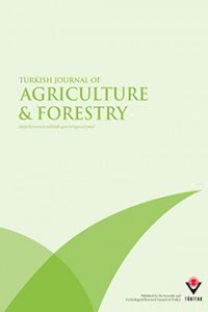Comparative Genetics of Crop Plant Domestication and Evolution
Domesticated species differ from their wild ancestors and relatives for a set of traits that is known as the domestication syndrome. The most important syndrome traits include growth habit, flowering time, seed dispersal, gigantism and morphological diversity. This paper reviews what is known about the genetic control of domestication traits with an emphasis on comparative analyses that examine this control in two or more crop species. Such analyses indicate that although most domestication traits are quantitatively controlled, the dramatic morphological changes that accompanied domestication may be due to relatively few genes. These studies also show that domestication genes have been functionally conserved over thousands of years and have similar, although not identical, effects in various species.
Comparative Genetics of Crop Plant Domestication and Evolution
Domesticated species differ from their wild ancestors and relatives for a set of traits that is known as the domestication syndrome. The most important syndrome traits include growth habit, flowering time, seed dispersal, gigantism and morphological diversity. This paper reviews what is known about the genetic control of domestication traits with an emphasis on comparative analyses that examine this control in two or more crop species. Such analyses indicate that although most domestication traits are quantitatively controlled, the dramatic morphological changes that accompanied domestication may be due to relatively few genes. These studies also show that domestication genes have been functionally conserved over thousands of years and have similar, although not identical, effects in various species.
